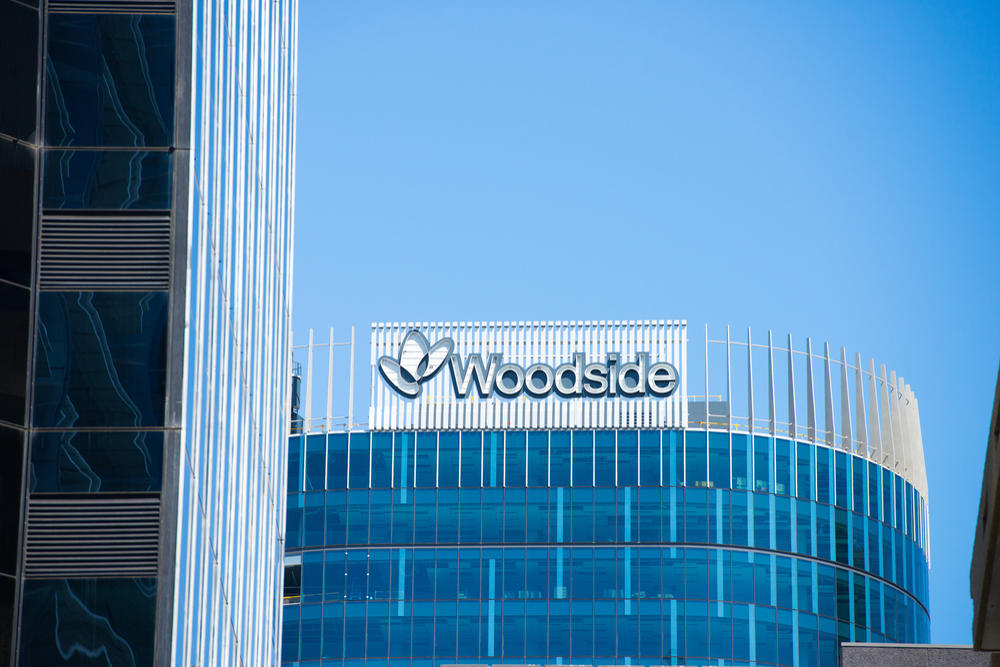
The International Energy Agency (IEA) has published its third annual Global Gas Security Review to assess the evolution of liquefied natural gas (LNG) markets.
According to the review, global natural gas markets are being reshaped by the development of major emerging LNG buyers led by China, and the rising production and exports from the United States. However, China’s supply shortfall over the last winter, which triggered ripple effects around the world, highlighted the pivotal role of LNG in enhancing global gas security and flexibility of supply.
In Europe, the response to a string of cold spell episodes and unplanned gas supply outages also showed the success of integration and emergency policy measures.
The analysis found that, while there have been real improvements in LNG flexibility that can contribute to easing supply shortages, uncertainties remain for the future evolution of gas markets. This includes a risk of tightening from insufficient investment in production and infrastructure capacity, or questions surrounding future shipping capacity growth, a pre-condition for LNG market flexibility. These uncertainties could have an impact on price volatility and hurt consumers – especially the most price-sensitive emerging buyers – and cause additional security concerns.
The review also shows how LNG markets are reshaping shipping needs. The risk of a lack of timely investment in the LNG carrier fleet could pose a threat to market development and security of supply, which could materialise even earlier than the risk of insufficient liquefaction capacity.
To address these issues, supply flexibility remains a key prerequisite to ensure further global gas trade development and security. Yet, IEA found the priorities in terms of flexibility differ for long-term traditional buyers who seek the removal of destination clauses, and new emerging buyers whose priority is focused on procuring short-term supply, usually for prompt execution.
Dr Fatih Birol, IEA’s Executive Director explained that the review contributes to a better understanding of gas security of supply by providing more transparency on LNG markets and their role in global gas system balancing.
“It is my hope that it will be a useful and positive contribution for policymakers and market stakeholders,” Mr Birol said.







